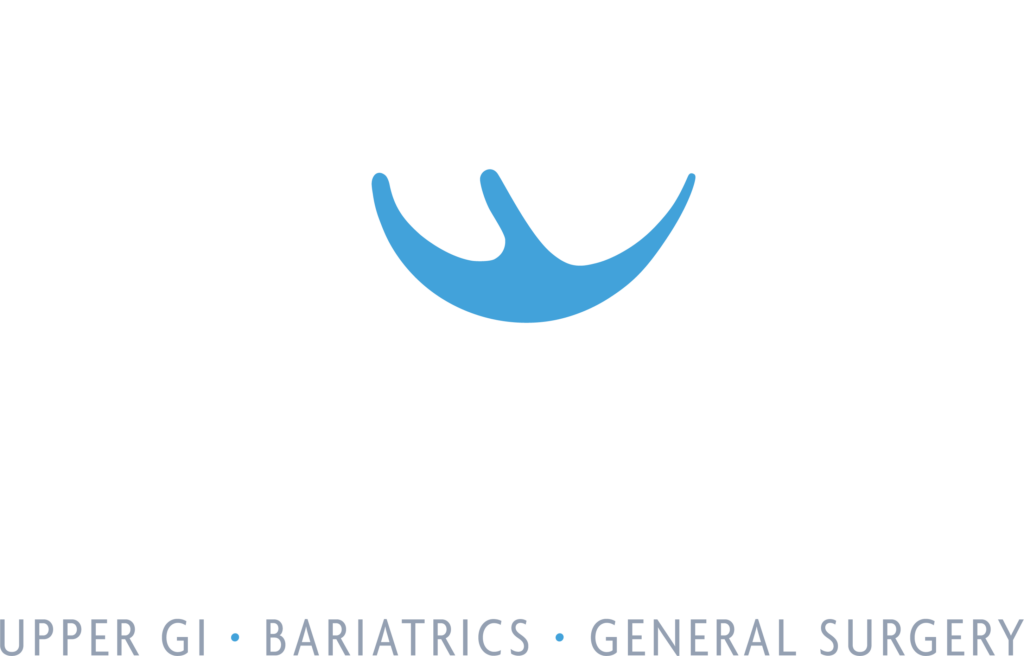Implementing healthy eating and lifestyle changes post weight loss surgery
After undertaking bariatric surgery, there are several lifestyle changes post weight loss surgery that you should consider. In the following days, months and even years after your surgery, it is paramount that you take care of your body – especially when it comes to your eating habits.
It is important to note that each patient is different which means that lifestyle changes post-surgery may vary.
Always consult with your surgeon or dietitian for post-operation care that is tailored to your specific health needs.
Lifestyle changes leading up to surgery
To ensure patients have the best chance of recovery from surgery, it is important to follow all instructions from your dietitian and surgeon.
These instructions include, but are not limited to:
- Implementation and adherence to your Very Low Energy Diet (VLED) prior to your surgery
- Reduce your alcohol consumption
- Smoking and Vaping cessation
- Implement an exercise plan, this can be as simple as a 10–15-minute walk to get you started
- Increase your water intake
- Reduced carbonated fluid intake if you find yourself reliant in this daily
- Be mindful when you’re eating –
- Eat slowly 20-30 minutes to eat your meal
- Chew your food well
- Put your fork/spoon down between each mouthful
- Separate your food and fluids
- Eat until you feel satisfied not full or uncomfortable
- Be comfortable leaving food on your plate
- Be mindful of ‘non hungry’ eating cues (do you eat when you’re bored, happy, sad, stressed, busy, anxious?)
- Clear out your pantry / fridge of foods that won’t support your weight loss journey (high calories foods)
- Taking prescribed medication (this is dependent upon each patients’ situation)
Prior to surgery, the Australian Family Physician recommends that a comprehensive panel of bloods is done to help identify any nutritional deficiencies that may be present. It is estimated that between 60 to 80 per cent of patients undergoing bariatric and metabolic surgery have 1 or more nutritional deficiencies and correcting these prior to surgery is important.
In the weeks leading up to surgery, your surgeon may recommend a Very Low Energy Diet (VLED). The primary indication for undertaking a VLED is to promote liver shrinkage which improves access for your surgeon and can reduce operating time and reduce post-operative complications. Your dietitian will develop an individualised plan, often utilising meal replacement products such as bars and shakes to ensure your nutritional status is optimised prior to surgery while also promoting weight loss and liver shrinkage.
It is important that you are compliant with your VLCD as surgery can be delayed or cancelled if it is unsafe to proceed. If you are finding the VLED difficult to adhere to, please speak with your dietitian, they will be able to provide suggestions and recommendations to support you.
What does healthy eating look like post weight loss surgery?
Following your bariatric surgery, healthy eating and diet plans are important steps in supporting and maintaining good health and weight loss long term.
It is recommended that a slow and steady upgrade of texture in diets following your surgery is crucial. Our team recommend beginning with a post-surgery diet of fluids, before slowly transitioning to purees and then making the transition to soft foods.
Lifestyle changes post-surgery
There are four main stages of bariatric postoperative diets.
Fluids
For the first three weeks following your surgery, your surgeon will recommend a full fluid diet. This includes consuming fluids that can be ingested through a straw. This might include milk-based drinks, thin soups, protein smoothies/water, water, electrolyte solutions such as zero Powerade/Gatorade, hydrolyte, Lucozade.
Puree
For the following two weeks after your procedure, you will be instructed to consume pureed food (smooth, lump free. Think baby food consistency!) You will find it easier to get a smooth lump free texture with the help of a food processor or stick blender. Foods that you can start to try include thick yoghurts and soups, Weet-Bix, mashed potato and gravy, puree meats, baked beans, and eggs.
Soft foods
After four to six weeks post-surgery, patients will be able to consume small amounts of soft foods. Soft foods refer to anything that you can break on your plate with a fork – think slow cooked meats with a gravy or sauce, well cooked vegetables, soft, ripe fruits, fish, frittatas, omelettes, and quiches.
Solid foods
After six to eight weeks, you can enjoy some level of normality! However, you will find that ‘soft’ textures naturally sit more comfortably than dense, dry textures. This is standard, and over time you will find your new normal and include foods that not only sit well, but most importantly, nourish your body.




